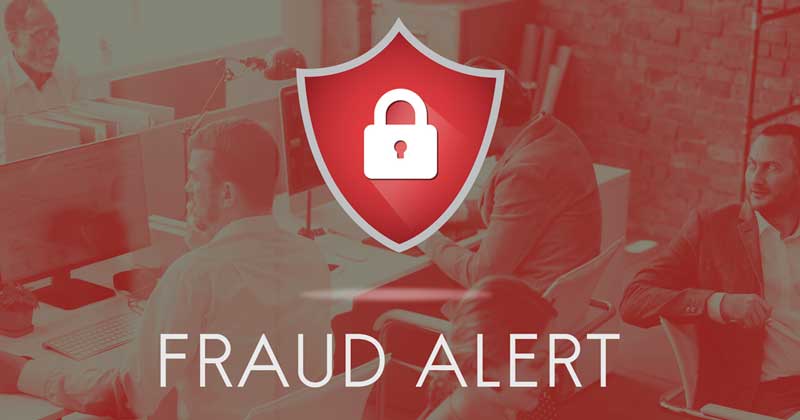The IRS reminds taxpayers that criminals and scammers often try to take advantage of generous taxpayers who want to help disaster victims. Everyone should be vigilant. These scams often pop up after a hurricane, wildfire or other disaster.

How the scams start
These disaster scams normally start with unsolicited contact. The scammer contacts their possible victim by telephone, social media, email or in-person. Scammers also use a variety of tactics to lure information out of people.
Here are some tips to help people recognize a scam and avoid becoming a victim:
- Some thieves pretend they are from a charity. They do this to get money or private information from well-intentioned taxpayers.
- Bogus websites use names that are similar to legitimate charities. They do this scam to trick people to send money or provide personal financial information.
- Scammers even claim to be working for ― or on behalf of ― the IRS. The thieves say they can help victims file casualty loss claims and get tax refunds.
- Disaster victims can call the IRS toll-free disaster assistance line at 866-562-5227. Phone assistors will answer questions about tax relief or disaster-related tax issues.
- Taxpayers who want to make donations can get information to help them on IRS.gov. The Tax Exempt Organization Search helps users find or verify qualified charities. Donations to these charities may be tax-deductible.
- Taxpayers should always contribute by check or credit card to have a record of the tax-deductible donation.
- Donors should not give out personal financial information to anyone who solicits a contribution. This includes things like Social Security numbers or credit card and bank account numbers and passwords.
More Information:
National Center for Disaster Fraud
Report Phishing
Disaster Relief
